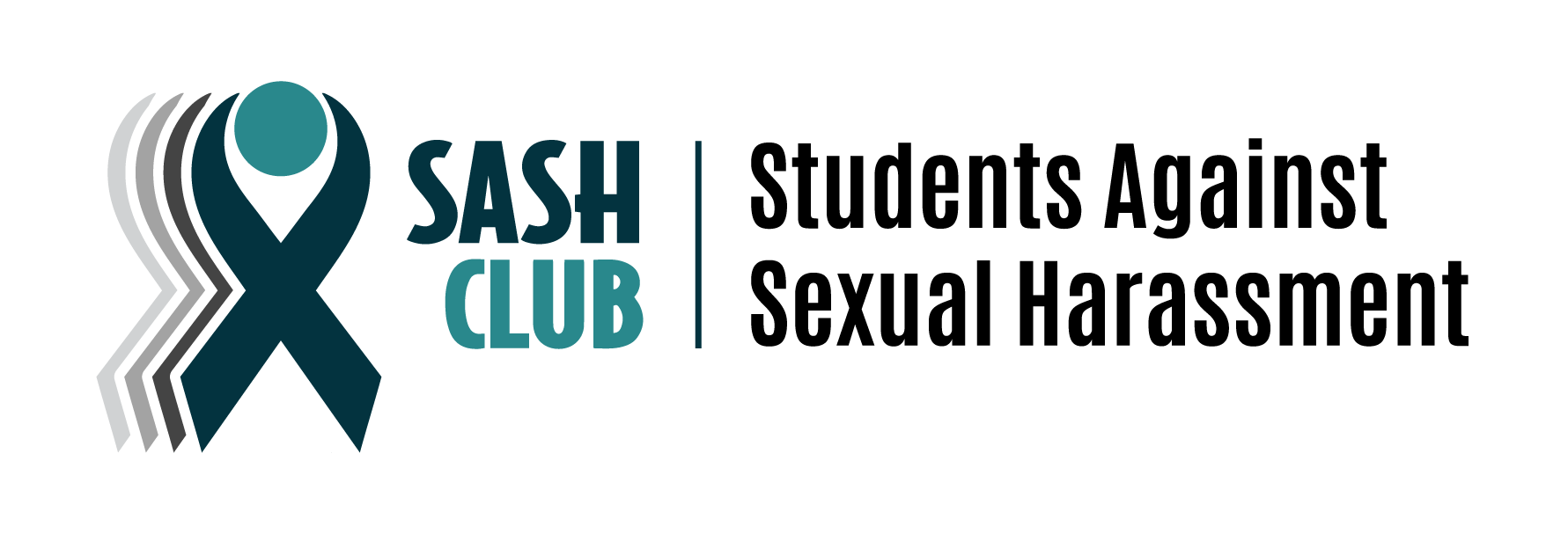Know What to Do When Sexually Assaulted
View the Know What to Do When Sexually Assaulted Power Topic
What’s Ahead
- Frustration and confusion are common when reporting sexual assault
- Protecting your privacy: mandated reporters
- Calling a sexual assault resource center (7 min. video)
- What to do immediately if assaulted
- Know whom to call: helplines and websites
- Supporting survivors
Frustration and confusion are common
Sexual harassment and assault should never be normalized, and the victim is never at fault—under any circumstance!
Students and families across the country struggle with the devastating impact of sexual harassment and sexual assault:
- Victims may not realize they were harassed or assaulted because harmful behavior has been normalized.
- Victims often blame themselves.
Schools or organizations may use their power to shut down complaints:
- To avoid legal responsibility
- To protect institutional reputation
Institutions may deny assaults, blame victims, or overwhelm them with process in hopes they will give up.
Any institution receiving federal funding must comply with Title IX, which guarantees an education free from sexual harassment and assault.
Shock follows
- Shame, guilt, fear, and shock are normal responses.
- Support from trusted adults and counselors is important.
- Mandated reporters must report assaults involving minors, which can deter some survivors from seeking help.
- Families may feel powerless when institutions deny abuse, leading survivors to avoid returning.
Mandated reporters
- Mandated reporters include educators, healthcare workers, social workers, law enforcement, and others.
- They are legally required to report suspected child abuse or sexual misconduct.
- Survivors seeking confidentiality should avoid sharing identifying information.
- Watch: Rape victim gets confidential help
Video: A survivor gets help
A teenager calls a community sexual assault response center and learns how to care for herself after an assault. She learns about health care, victim advocacy, and State Crime Victims Compensation .
She also learns about support for returning to school, including victim advocates and Title IX Coordinators.
Stream the video on the SASH Club YouTube channel .
Talk about it
- What is the biggest challenge for survivors to:
- Seek help?
- Re-engage in normal activities?
- Why is confidentiality a concern?
- What cultural factors contribute to self-blame?
Common physical responses to sexual assault
- Bruising and bleeding
- Difficulty walking
- Soreness and muscle tension
- Shaking and sweating
- Broken or dislocated bones
- Nausea or diarrhea
- Fatigue
- Changes in eating or sleeping
- Weight gain or loss
- Shortness of breath or rapid heartbeat
- Sexually transmitted infections
Common mental and emotional responses
- Depression, sadness, numbness, guilt, fear, anger, hopelessness, and loss of interest
- Feeling weak for having normal trauma responses
- PTSD symptoms including nightmares, flashbacks, and intrusive thoughts
- Difficulty focusing or feeling detached from reality
Common behaviors after sexual assault
- Risky or isolating behavior, substance use
- Difficulty trusting others
- Participation in abusive relationships
- Self-harm or suicidal thoughts
Supporting survivors
- Listen and believe the survivor.
- Be present without trying to “fix” things.
- Empower survivors to choose their next steps.
Talk about it
- If someone came to you for support:
- What would you do first?
- How would you help them find more support?
- Why is listening so important?
- Why is survivor empowerment essential?
- Why does preserving evidence matter?
Do more: Survivor support
- Create posters, flyers, or brochures with contact information.
- Use RAINN’s interactive tool to locate local resources.
- Share the SSAIS flyer Know What to Do if You Are Sexually Harassed or Assaulted or the QR code version .
- Invite a prevention or self-care speaker.
- Post survivor support resources on social media.
Do more: Institutional practices
- Watch a Title IX Coordinator take complaints
- Ask your institution how it prevents harassment and supports survivors.
- Compare your school’s practices using SSAIS guides:

